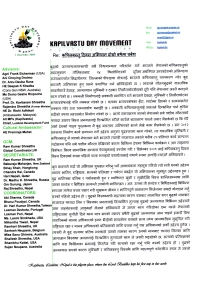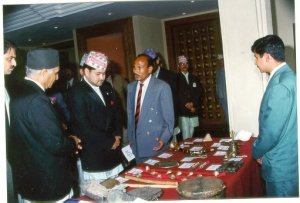By Li Hongmei
If war and peace is a duel eternal theme throughout the human history, the recent years has witnessed war-dominant international scenario. Hence, it is highly advisable for China to build up the globally notable “peace research institutes” or “peace and development research institutes,” which will act as the most authoritative think tank assisting the government in its domestic and foreign policies decision by offering information, documents and wisdom.
As a matter of fact, U.S. and European countries have moved far ahead of China in this regard. The independent “peace institutes” have actually turned out to be the indispensable think tank for Heads of States when they hammer out foreign policies. Just to name a few.
Stockholm International Peace Research Institute (SIPRI) is an independent international institute dedicated to research into conflict, armaments, arms control and disarmament. Established in 1966, SIPRI provides data, analysis and recommendations, based on open source, to policymakers, researchers, media and the interested public.
The Foreign Policy Think Tank Index ranked SIPRI as the No.3 non-U.S. think tank in the world in 2009.
The United States Institute of Peace is also an independent, nonpartisan federal institution created by US Congress to promote the prevention, management, and peaceful resolution of international conflicts.
Established in 1984, the Institute meets its congressional mandate through an array of programs, including research grants, fellowships, professional training, education programs from high school through graduate school, conferences and workshops, library services, and publications.
US Secretary of State Hillary Clinton highly touted the value and historic significance of the Institute on the occasion of its 25th anniversary of founding in 2009.

